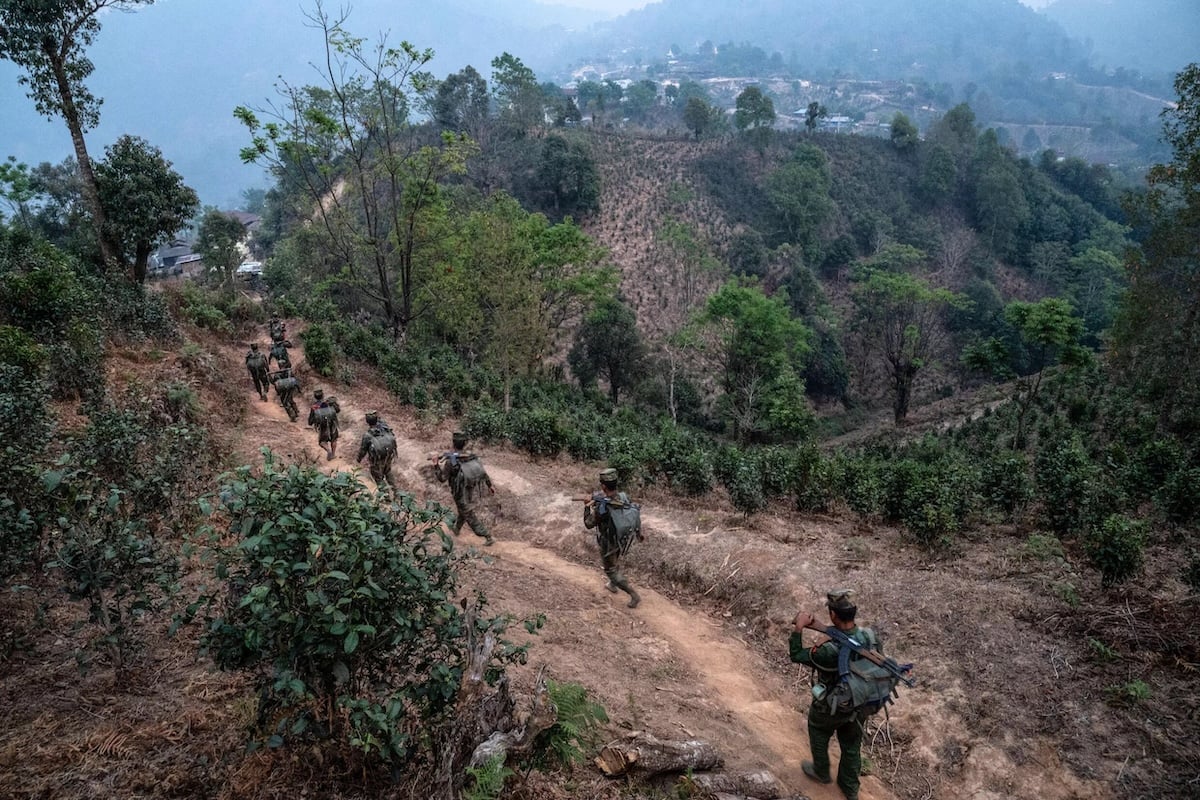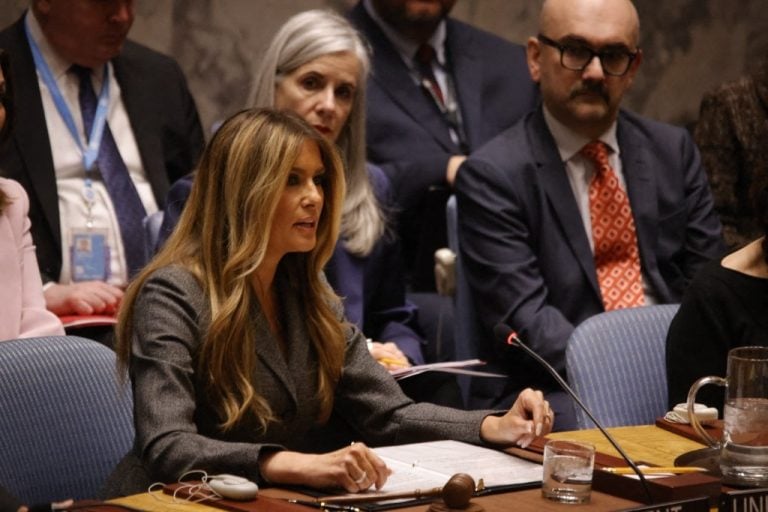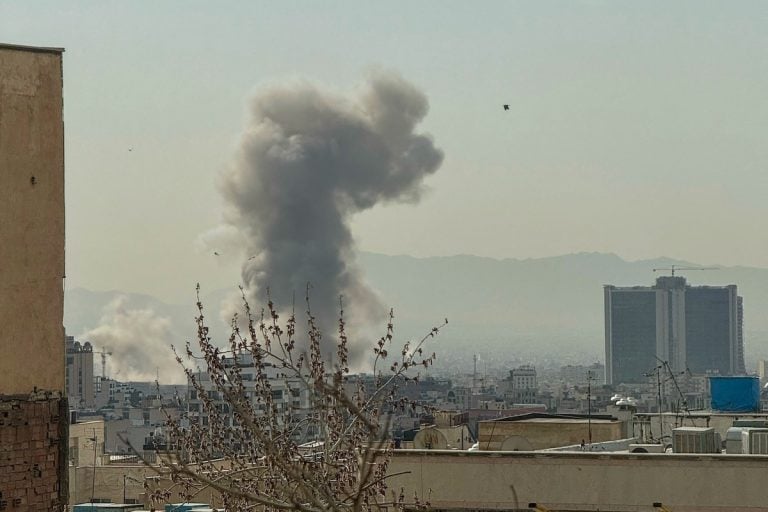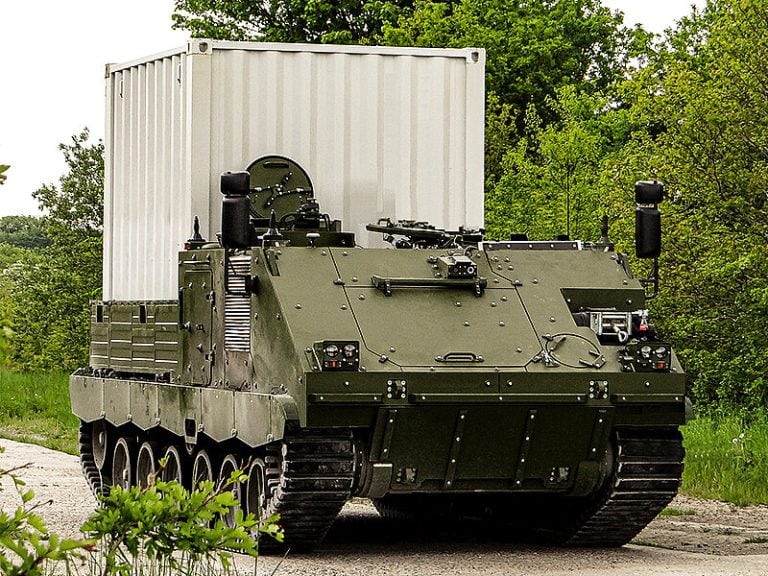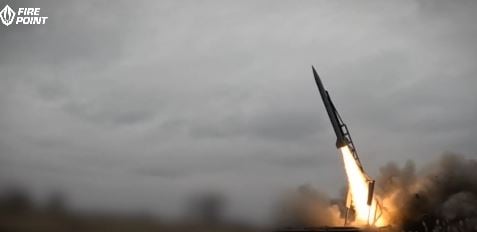Myanmar’s military junta is continuing its campaign of air strikes even in the wake of a devastating earthquake that has resulted in substantial loss of life and widespread destruction. Reports indicate that seven fighters from the Danu People’s Liberation Army, an active ethnic minority armed group in northern Shan state, were killed in an aerial attack shortly after the earthquake struck.
The recent earthquake, which registered a magnitude of 7.7, has reportedly killed at least 1,700 people and caused the destruction of thousands of homes and buildings across the country. In response to the crisis, some armed groups temporarily paused hostilities, but the Danu People’s Liberation Army found itself under attack just after the tremors. According to an officer from the group, five military aircraft targeted their base in Naungcho township, resulting in significant casualties, including the deaths of five female soldiers who were in a bunker when a large bomb detonated nearby.
Despite the chaos caused by the earthquake, the military’s use of air power has escalated as it struggles to combat a diverse range of anti-coup fighters and ethnic armed groups amidst ongoing civil conflict. Over the past year and a half, the military has faced considerable setbacks on the ground, losing control of large areas. However, it retains an advantage in air capabilities, primarily due to fighter jets supplied by Russia, a key ally and arms supplier.
According to the non-profit organization Armed Conflict Location and Event Data (ACLED), the number of military air strikes on civilians has surged during the four-year civil war, with nearly 800 such strikes recorded in 2024 alone—more than triple that of the previous year. ACLED analysts suggest that the junta will likely continue to resort to air strikes as it faces mounting pressure to achieve military objectives.
The junta’s persistence in conducting air strikes in the aftermath of the earthquake drew condemnation from human rights organizations and international observers. Elaine Pearson, Asia director at Human Rights Watch, remarked on social media that the junta’s actions reveal its relentless focus on suppressing civilians while pursuing military victories irrespective of the human cost. Similarly, Tom Andrews, the UN special rapporteur for Myanmar, expressed disbelief over the military’s continued bombardments following such catastrophic seismic events, urging an immediate halt to military operations and calling for a ceasefire.
Earlier this month, an air strike targeted a village held by anti-coup fighters about 60 kilometers north of Mandalay, Myanmar’s second-largest city, causing further civilian casualties. Local officials reported that the strike killed at least 12 people and specifically targeted civilian areas, underscoring the ongoing plight of civilians in the conflict-stricken nation.
